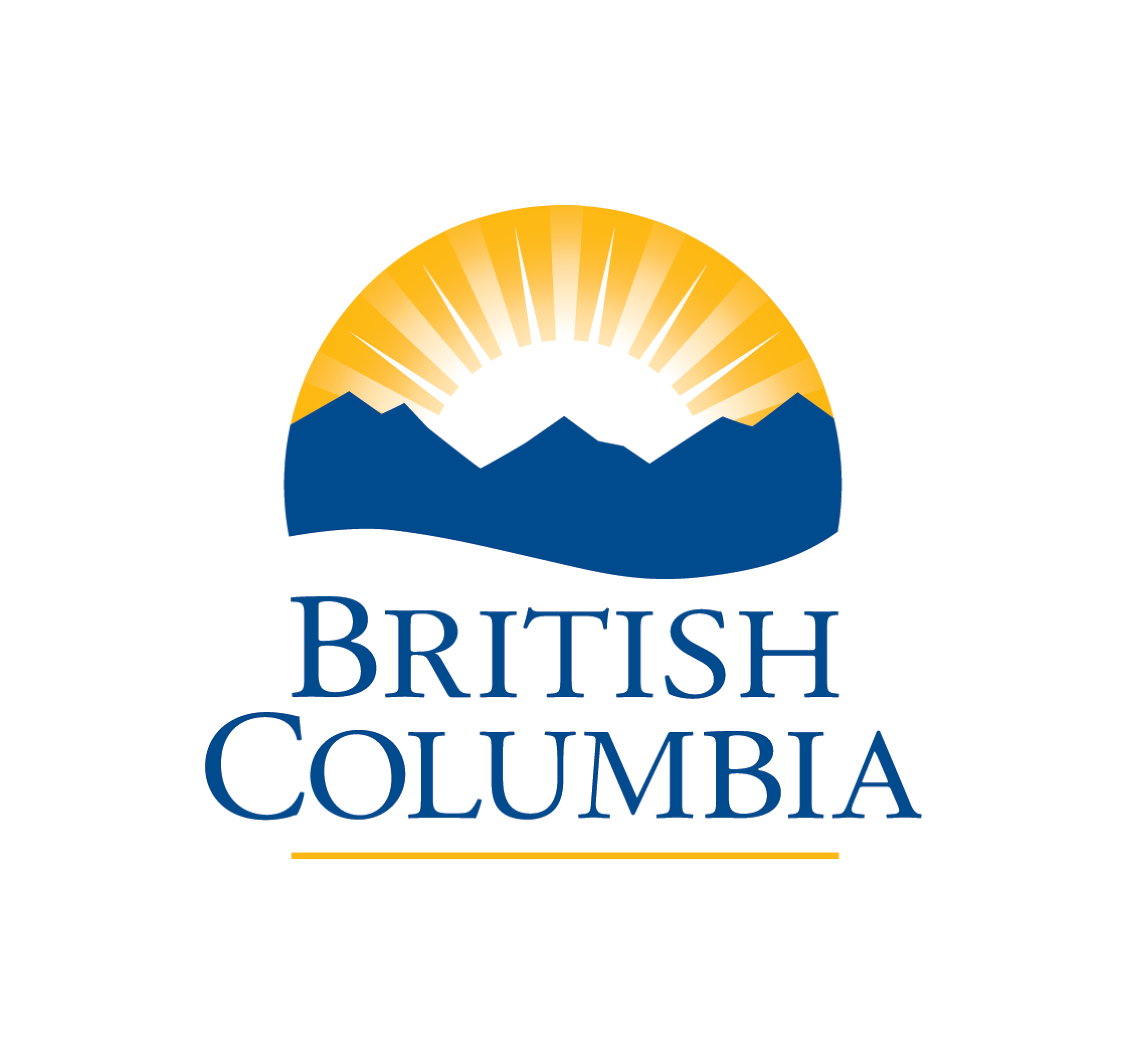UN Declaration on the Rights of Indigenous Peoples and In Plain Sight: Addressing Indigenous-Specific Racism and Discrimination in BC Health Care
The In Plain Sight independent review of Indigenous-specific racism in B.C.’s health care system1 expressly sought to reinforce Indigenous human rights in its mandate to review evidence, analyze findings, and make recommendations. The United Nations Declaration on the Rights of Indigenous Peoples (UNDRIP) is a universal framework of minimum standards for the survival, dignity and well-being of Indigenous Peoples worldwide. It is central to efforts to address Canada’s legacy of colonialism, highlighted by the Truth and Reconciliation Commission as “the framework for reconciliation.” Read the full document
Addressing Racism in Health Care
On June 19, 2020, I was appointed by British Columbia’s Minister of Health, the Hon. Adrian Dix, to conduct a review of Indigenous specific racism in the provincial health care system.
I acknowledge that the resulting Addressing Racism Review has taken place on the territories of First Nations peoples in B.C., and I also recognize the courage and determination shown by thousands of Indigenous people across the province who shared their experiences within the health care system to inform this report.
In addition, I want to acknowledge the work of the skilled, Indigenous-led team who supported the complex and urgent Review that provided the basis for this report. And I would like to thank the First Nations Health Authority, First Nations Health Council and Métis Nation BC for their strong support during the process. I also express my gratitude to the team at the Indian Residential School History and Dialogue Centre at the University of British Columbia, who provided collegial support and research to assist in the preparation of the report.
Finally, I acknowledge that British Columbians and the B.C. health care system are dealing with two pressing public health emergencies – the opioid overdose crisis, and the COVID-19 pandemic. Despite the immense challenges and pressures created by these health emergencies, thousands of health care workers – along with their leaders and organizations – found the time to participate in this Review. I thank them for that, and for their dedication to confronting the matters raised in this report and committing to implement the Recommendations.
Hon. Dr. M.E. Turpel-Lafond (Aki-Kwe)
Independent Reviewer
In Plain Sight: Addressing Indigenous-specific Racism and Discrimination in B.C. Health Care

Health in BC
In BC, First Nations have a unique health governance structure that includes political representation and advocacy through the First Nations Health Council; planning, management and delivery of health programs and services through the First Nations Health Authority; and technical support and capacity development through the First Nations Health Directors Association. Collectively, this First Nations health governing structure works in partnership with BC First Nations to achieve our shared vision.
Find more information about the responsibilities, activities, and resources for First Nations from these organizations on their websites:
First Nations Health Authority
First Nations Health Directors Association
Assembly of First Nations (AFN) Health Directors Association
The Assembly of First Nations (AFN) Health Sector continues to advance and promote the First Nations Health Transformation Agenda (FNHTA). The FNHTA sets out 85 recommendations to federal, provincial and territorial governments. These cover a wide range of policy areas all aimed at stabilizing profoundly underfunded health programs and increasing self-determination of First Nations health in keeping with inherent, Treaty and international rights.
The AFN will continue advocacy efforts to improve First Nations health and wellbeing in areas such as public health, communicable disease control, chronic disease, family wellness, mental health, food security and cannabis by pushing for distinctions-based and culturally relevant approaches that are sustainably funded and driven by First Nations.
Find latest updates on the AFN website's health policy page and issue updates page.

